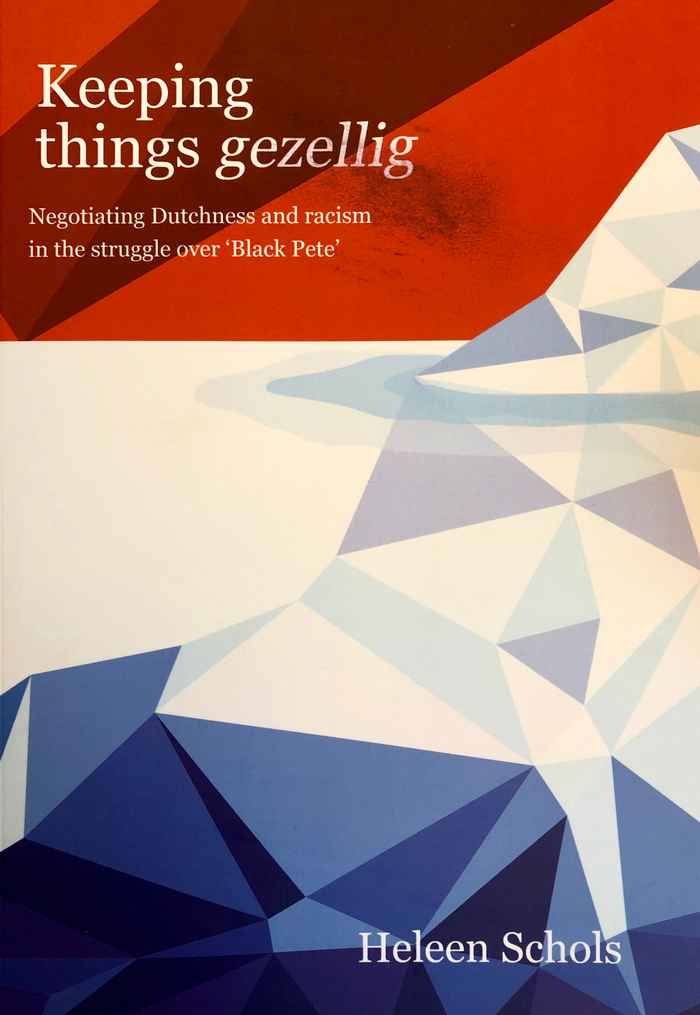'Zwarte Piet' controversy provides opportunity for stronger public debate
18 September 2019

The rules
In her study, Schols draws on video footage, media analyses, participatory observation and interviews to analyse three pivotal events: a 2013 public hearing in Amsterdam about the permissibility of the Zwarte Piet figure, the disruption in 2014 of the national gathering to commemorate the abolition of slavery (also in Amsterdam) and the national Sinterklaas parade in Gouda in 2014. She analyses the implicit rules for these types of public discussions and events, and examines how they are violated – but also exposed – by unexpected actions from protesters.
Daunting task
Her research shows how seemingly neutral interaction norms for a reasonable and civil debate on the topic of Zwarte Piet are intertwined with specific notions of history, racism and national identity, as well as with opinions on the space that can be allowed for viewpoints and ideas that challenge the status quo. This situation means that criticising Zwarte Piet as racist often implies a larger task: presenting as conceivable and legitimate the idea that there is indeed more going on than an ‘innocent party for children’. This raises questions such as: is racism something that primarily happens between people, based on bad intentions or misconceptions, or is it structural and institutional? Schols: ‘The study also shows that it is impossible to remain neutral in this debate: whether one expresses arguments for and against or holds the view that it is best not to talk about it, all positions are associated with specific assumptions about racism and Dutch history. The call to “keep things gezellig” is therefore paradoxical: it is a call for people who are keen on questioning the norms to comply with those norms at the same time.’
Strong democracy
According to Schols, this also means that the Zwarte Piet debate facilitates the examination of dominant concepts and practices. In many other discussions, these practices often seem to constitute common sense. Instead of regarding these norms as fixed and immutable, she argues that critical examination offers a better chance to deepen and strengthen public debate as a crucial part of a strong democracy. Schols: ‘This fact does not mean, for example, that politicians or journalists have to agree with protesters, but a rejection of someone’s position should be substantiated. In the current discussion, it is too often said that someone is being “ongezellig”, or that it is okay to talk about it but that “now is not an appropriate time”.’ As shown in this study, the Zwarte Piet discussion acts as a prism in which many seemingly self-evident truths about Dutch society, culture, history and manners are revealed to be much more controversial and problematic than they are often assumed to be at first sight.
PhD details
H. Schols: Keeping Things Gezellig. Negotiating Dutchness and Racism in the Struggle over ‘Black Pete’. Supervisors: Prof. M.A. Hajer (UU) and Dr M.J.M. Maussen.